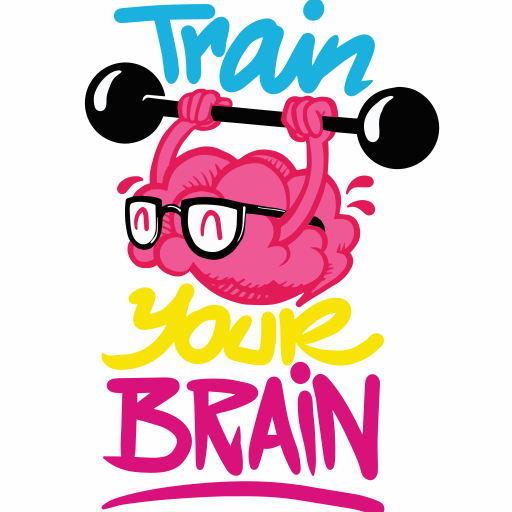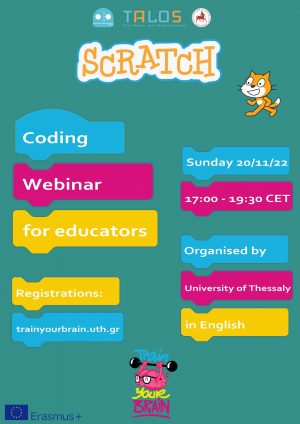Train your Brain
According to the United Nations publication, August 2020 “Relatively few countries are monitoring the effective reach and use of distance learning modalities. However, estimates indicate variable coverage: distance learning in high income countries covers about 80–85 per cent, while this drops to less than 50 per cent in low income countries. This shortfall can largely be attributed to the digital divide, with the disadvantaged having limited access to basic household services such as electricity; a lack of technology infrastructure and low levels of digital literacy among students, parents, and teachers.”
This crisis demands to prioritize safety and remote learning is the most feasible solution to keep the school’s community engaged in learning away from the classroom. Innovative practices that enhance students’ soft skills in a distance learning environment. Coding activities, quizzes and puzzles aiming to the development of 21st century skills (such as problem solving, time management, algorithmic thinking) combined with team building activities to enhance social skills. Priority will be given to develop materials that enable teachers to provide online classes that introduce students to innovative subjects and simultaneously focus on students’ personal development in a social distancing environment.
Another crucial factor is to give the potential to connect the classroom members across physical distance and even walk one step forward to create networks of students and teachers sharing their good practices across Europe. This practice can be applied in other crises or even when we return back in a new normality.
Furthermore train the teachers to become more confident and independent in using the tools. As the COVID 19 crisis has impact to the teaching reality of every country, this includes international synergies to exchange ideas and also share good practices in order to be accessible to all countries Achievement of relevant and high quality skills and competences: supporting individuals in acquiring and developing key competences to be resilient and able to adapt to the new challenges that will arise after this crisis.
The Programme will also support actions that develop or disseminate technological tools, as well as actions that apply the “learning outcomes” approaches in carrying out education, training and youth activities or assessing their quality and relevance.


